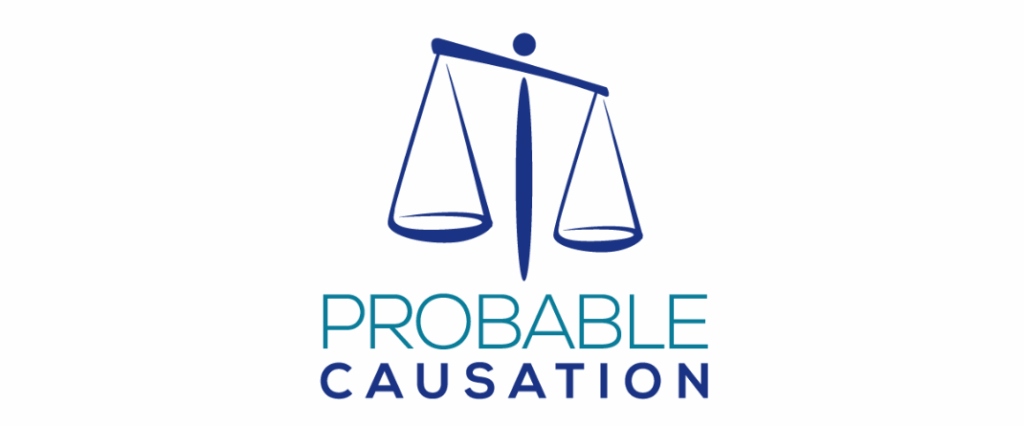Policy and Program Evaluation
We work with government agencies and community-based partners to rigorously evaluate gun violence intervention programs and criminal justice policy reforms.
Across every project or partner, we work to generate high-quality research about the factors driving public safety trends and identify evidence-based interventions to save lives. Access to good and unbiased data is the common denominator for strong evaluation, which is why we pursue data-sharing agreements with public agencies and seek to make our own data publicly available whenever possible. We focus on policies and programs that are supporting the communities and individuals most impacted by gun violence and criminal justice system harms.
From leading randomized controlled trials — the gold standard in research — to evaluating historical and real-time data, the Crime Lab uses a variety of methods to rigorously evaluate policies and interventions.
Latest Updates
The best way to cut gun violence, and it’s almost free
In an op-ed for Crain’s Chicago Business, Crime Lab Pritzker Director Jens Ludwig highlights the importance of using data-informed practices to improve public safety and shares key insights from behavioral economics that provide a playbook for addressing gun violence that is both effective and low-cost.

Research on cognitive behavioral therapy for at-risk youth
Dr. Nour Abdul-Razzak joins host Jennifer Doleac on the Probable Causation podcast to discuss the Choose to Change program—an intervention that integrates trauma-informed therapy with comprehensive support to reduce youth violence and improve educational outcomes.

Deaths of decision-making are killing American teens. Schools can fix it.
Crime Lab executive director Katie Hill pens an op-ed for Brookings about how cognitive behavioral programs can teach teens decision-making skills that can dramatically reduce violence and save lives – often at little or no additional cost.

